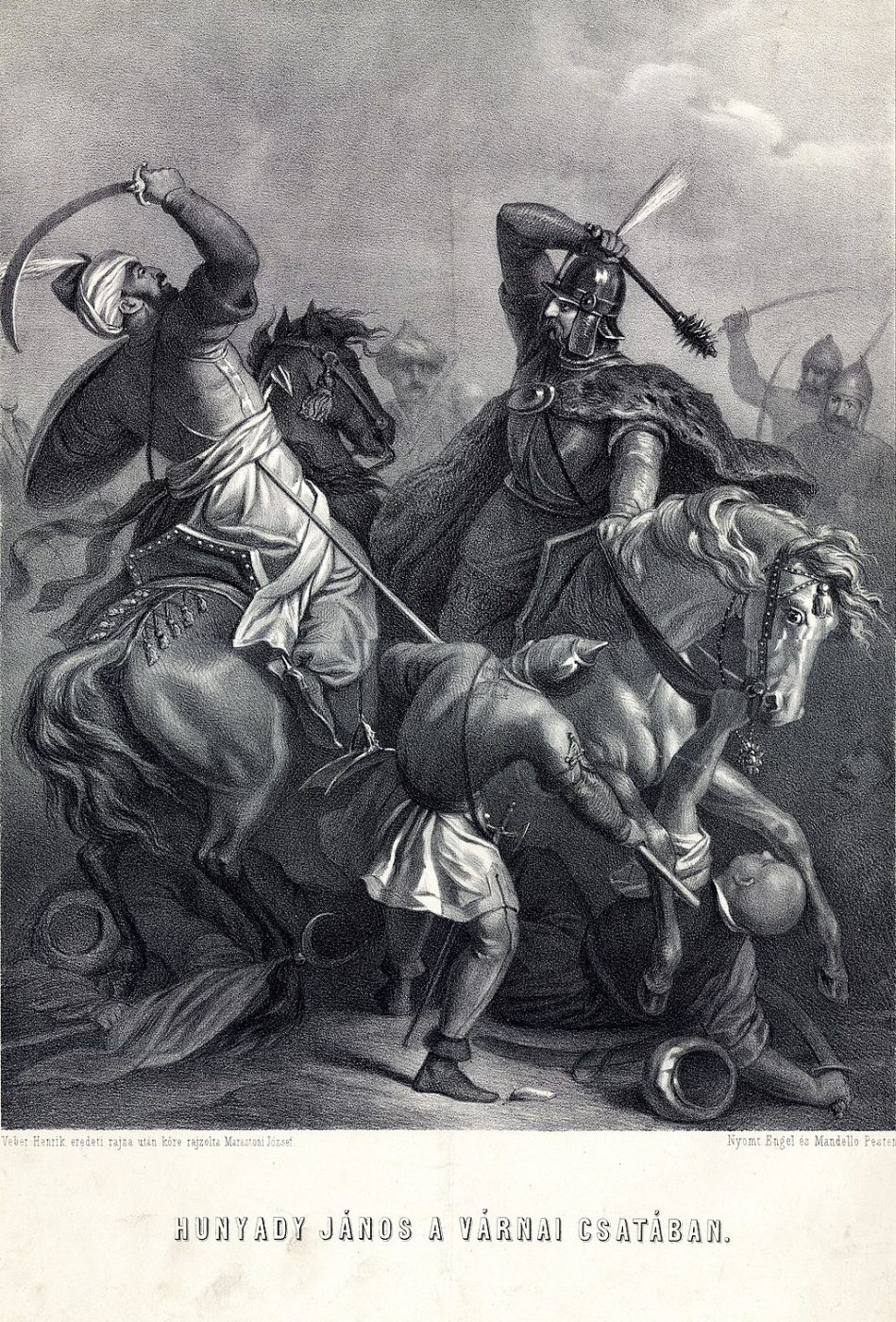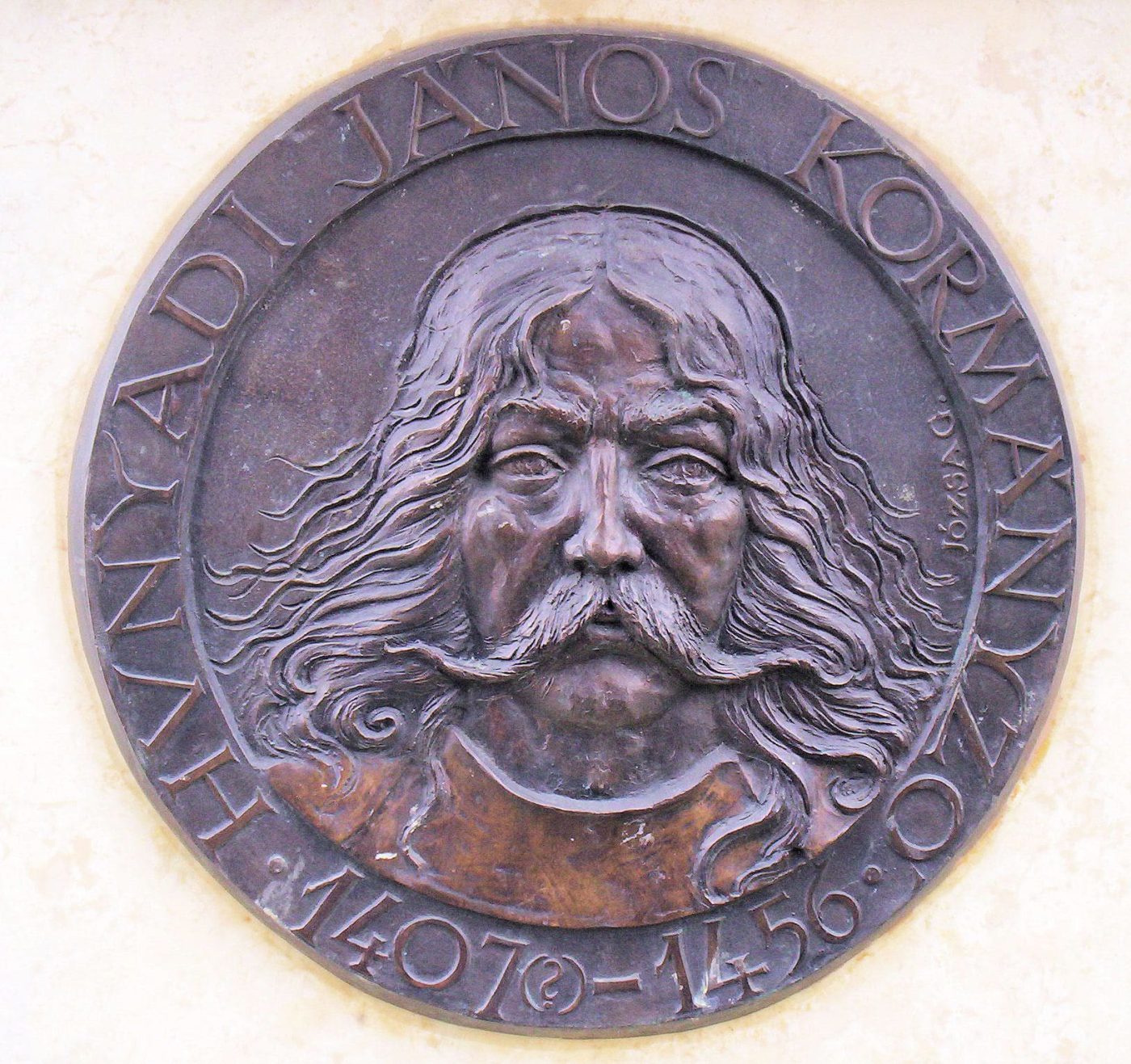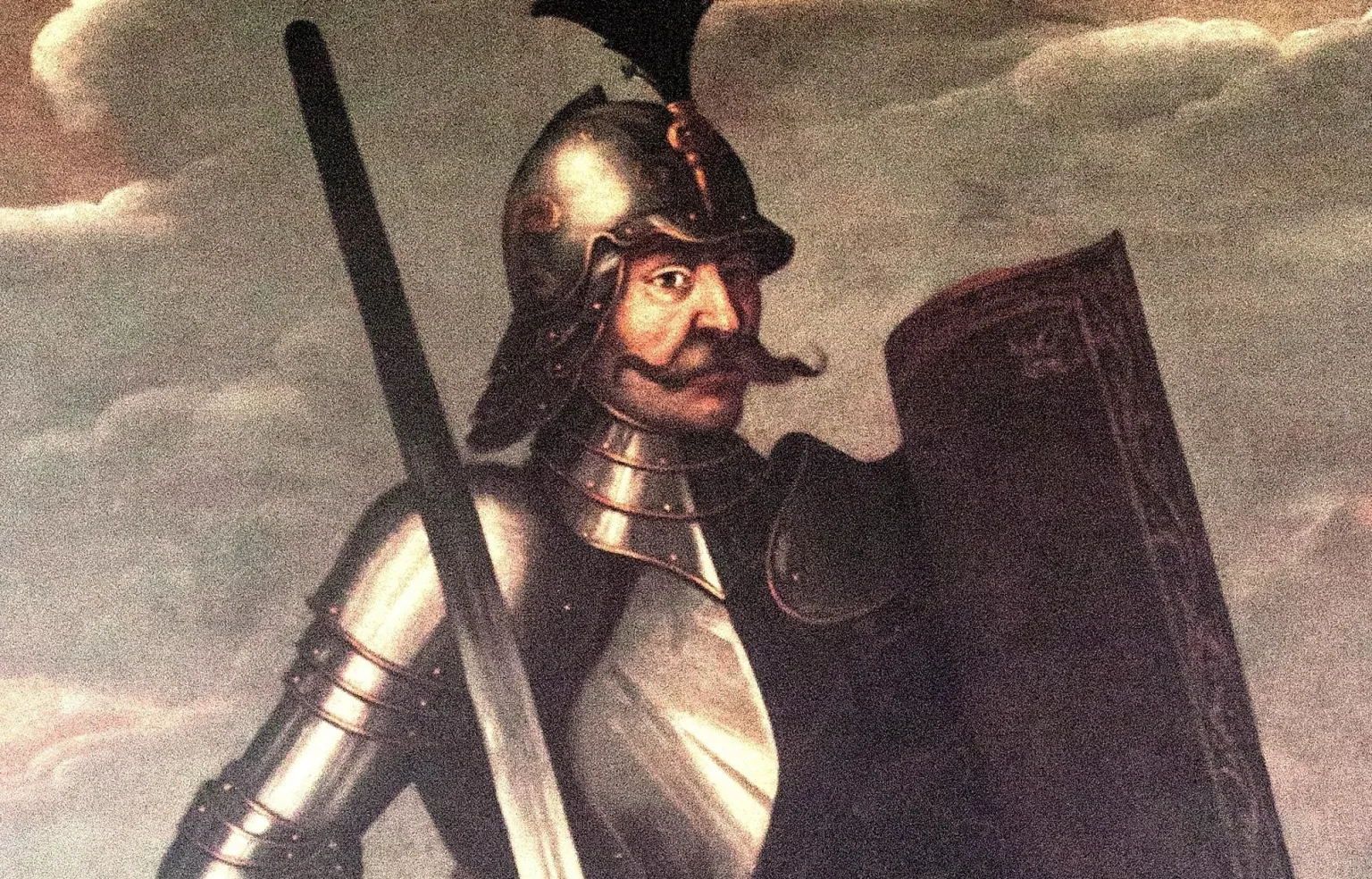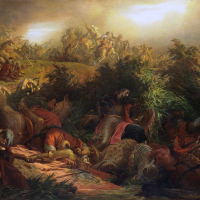János Hunyadi, English John Hunyadi, born in 1406, was a prominent Hungarian military leader and statesman who left an memorable mark on the history of Hungary. His life was marked by courage, strategic brilliance, and a deep commitment to defending his homeland. – But who was this legendary figure, and what were the key moments that defined his legacy?
Early Life and Rise to Military Governor
János Hunyadi’s journey began in a small town in Transylvania, part of the Kingdom of Hungary. Born into a noble family, his early life seemed unremarkable. However, fate had other plans for him. At the young age of 12, Hunyadi was sent to the court of Sigismund of Luxembourg, King of Hungary. There he received an education suiting his noble origin. Little did anyone know that this education would serve as the foundation for his future exploits.
Hunyadi’s military talent began to show itself during the Ottoman-Hungarian Wars, where he quickly rose through the ranks. His early successes caught the eye of King Ladislaus the Posthumous. He recognized János Hunyadi’s strategic brilliance and unwavering dedication to the Hungarian cause. This recognition paved the way for his fast rise to power, eventually becoming the voivode (military governor) of Transylvania.
How János Hunyadi’s military strategies led to victory in The Siege of Belgrade (1456)
One of the defining moments in János Hunyadi’s career was the Siege of Belgrade in 1456. The Ottoman Empire, under the leadership of Sultan Mehmed II, sought to expand its influence into Europe. In response, Pope Callixtus III called for a crusade, and János Hunyadi emerged as a key figure in this confrontation.

The Siege of Belgrade demonstrated Hunyadi’s military genius. Despite being outnumbered, he used innovative tactics. He sucessfully disrupted Ottoman naval support and which ultimately led to the lifting of the siege. The victory at Belgrade not only secured Hungary’s borders but also earned Hunyadi the title of ”Defender of the Faith” from the Pope.
Legacy in the Battle of Mohács
Fast forward to the Battle of Mohács in 1526 – decades after János Hunyadi’s death – and his legacy continued to cast a long shadow over Hungarian history. The battle unfolded between the Ottoman Empire and the Kingdom of Hungary.
Although Hunyadi himself was not present at the Battle of Mohács, his legacy played a pivotal role in shaping the Hungarian response to the Ottoman threat. His son, King Matthias Corvinus, attempted to continue his father’s legacy by modernizing the Hungarian army and fortifying key positions. However, the outcome of Mohács was a devastating defeat for the Hungarians, leading to the death of King Louis II and the capture of large parts of Hungary by the Ottomans.
The legacy of János Hunyadi lived on as a symbol of resistance, inspiring future generations to stand firm against external threats. Even in defeat, the spirit of resilience and determination that Hunyadi embodied continued to fuel the Hungarian resistance against Ottoman expansion.
János Hunyadi’s Military Tactics
What set János Hunyadi apart from other military leaders of his time were his innovative tactics and strategic brilliance. His ability to adapt to different battlefield scenarios and devise unconventional plans was exceptional. The Siege of Belgrade stands as a testament to his tactical ingenuity, showcasing his capacity to turn the tide of a conflict against all odds.
Hunyadi’s reliance on a combination of traditional knightly cavalry and well-trained infantry marked a departure from conventional military strategies. He understood the importance of flexibility in warfare, utilizing terrain and surprise elements to gain a strategic advantage. These tactics not only secured victories on the battlefield but also left a lasting impact on military thinking in Hungary and beyond.
The Hunyadi Code
Beyond the battlefield, János Hunyadi’s influence extended to the realm of governance. His commitment to justice and good governance led to the establishment of the Hunyadi Code, a set of legal reforms aiming to ensure fair and equitable treatment for all citizens.
The Hunyadi Code focused on curbing the power of the nobility, promoting the rights of commoners, and enhancing the efficiency of the legal system. This legacy of legal reforms continued to shape Hungarian law for years to come, emphasizing the principles of justice and equality that Hunyadi held dear.
Death and Legacy
János Hunyadi’s remarkable life came to an end in 1456, shortly after the Siege of Belgrade. Despite his death, his legacy persisted, becoming a source of inspiration for following generations. The Hungarian people revered him as a national hero, a symbol of resistance against external threats, and a beacon of hope in challenging times.
Hunyadi’s impact was not confined to Hungary alone. His reputation as a military leader and a champion of justice resonated across Europe. Even his adversaries recognized his qualities, with Sultan Mehmed II reportedly expressing admiration for Hunyadi’s military skills.

A Heroic Figure Remembered
In the annals of Hungarian history, János Hunyadi’s name shines brightly as a heroic figure who left an mark on the nation’s destiny. From his early days as a nobleman to his meteoric rise as a military leader and statesman, Hunyadi’s journey is a tale of courage, resilience, and strategic brilliance. As we reed trough the life of János Hunyadi, we are reminded of the impact one individual can have on the course of history.
More of → Figures ←
FAQ
1. Who was János Hunyadi, and why is he significant in Hungarian history?
János Hunyadi, born in 1406, was a renowned Hungarian military leader and statesman known for his courage, strategic brilliance, and commitment to defending Hungary. He played a crucial role in safeguarding Hungary’s borders against external threats, leaving a lasting mark on the nation’s history.
2. What was the significance of the Siege of Belgrade in János Hunyadi’s career?
The Siege of Belgrade in 1456 was a defining moment for János Hunyadi, where he demonstrated his military genius by repelling an Ottoman invasion despite being outnumbered. This victory not only secured Hungary’s borders but also earned Hunyadi the title of “Defender of the Faith” from the Pope.
3. What was the Hunyadi Code, and why was it significant?
The Hunyadi Code was a set of legal reforms introduced by János Hunyadi aimed at promoting justice and equality in governance. It focused on curbing the power of the nobility, protecting the rights of commoners, and improving the efficiency of the legal system, leaving a lasting impact on Hungarian law.
4. How was János Hunyadi remembered after his death?
János Hunyadi was revered as a national hero in Hungary, remembered for his courage, resilience, and strategic brilliance. His legacy persisted as a symbol of resistance against external threats and a beacon of hope for future generations.


